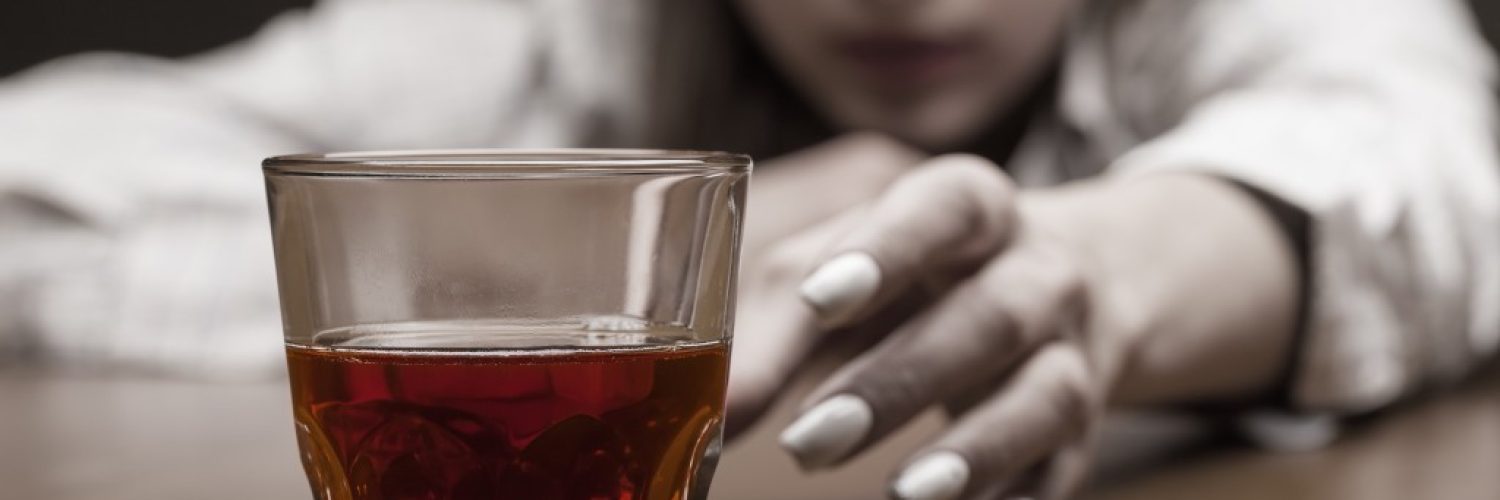Having an alcohol relapse is more common than you think. Lapses are not limited to those who experience alcohol dependence; even those with other disorders that have a significant behavioral component also deal with lapses now and then. It’s important to note that a relapse isn’t failure; many patients go through a decline before they achieve long-term sobriety.
That said, you should still avoid having a relapse as much as possible. Even if it is commonplace, it’s still much healthier to stay on track towards recovery so that you can enjoy a healthier life sooner. Here are a few ways to avoid a relapse.
Receive a Formal Alcohol Use Disorder Treatment
It is admirable if you believe you have the self-restraint to walk away from alcohol on your own. But following informal blogs or listening to advocates who, though well-meaning, are not formally trained may prolong your road to recovery. Following an unstructured rehabilitation runs a higher risk of falling into relapse.
In contrast, formal treatments, lead by trained therapists in alcohol rehabilitation facilities have a much lower rate of causing relapse among patients. These can be catered to your specific circumstances; after all, each individual has his or her own story—life experiences, health conditions, and behavioral attitudes that make their experience with alcohol disorders unique. A trained professional is better equipped to lead you and help you stay on the road to sobriety.
Find Ways to Manage Stress
Stress can be a crucial factor for people with alcohol use disorders because it is one of the things that cause patients to slip into a relapse. Many patients use alcohol to cope with stressful events in life. In some cases, this is the very thing that started the development of the disorder.
In a formal treatment plan, the patient is highly encouraged to find healthier ways to manage and deal with stress. Stress is a fact of life, so patients are empowered to brave through each negative situation using only positive coping mechanisms. In some programs, cognitive-behavioral techniques are used to manage stress. This includes mindfulness meditation, breathing techniques, and more.
Abandoning Old Habits and Staying Productive

Completing recovery often asks the patients to abandon harmful habits and switch to productive activities. To avoid a relapse, some things have to be changed, especially in the people the patient interacts with every day and the environment they live in. For some people, this means letting go of old friends and forgetting old haunts. They have to stay away from old influences until they are strong enough to remain steadfast in the face of a trigger. Interaction with family and a loving support group.
In addition to stepping away from old activities, a patient can avoid a relapse by finding new hobbies that stimulate creativity and refresh the mind. In this step, support from family and friends are needed to strike a balance between avoiding boredom and overwhelming the patient. The new hobby should be challenging but not stressful; just enough to happily pass the time while build strength and sharpen the skills.
Even if relapses do not mean failure, it’s still best to stay on track and avoid slipping back to destructive habits. As a recovering patient, you will build a healthy environment that helps you recover fully.

